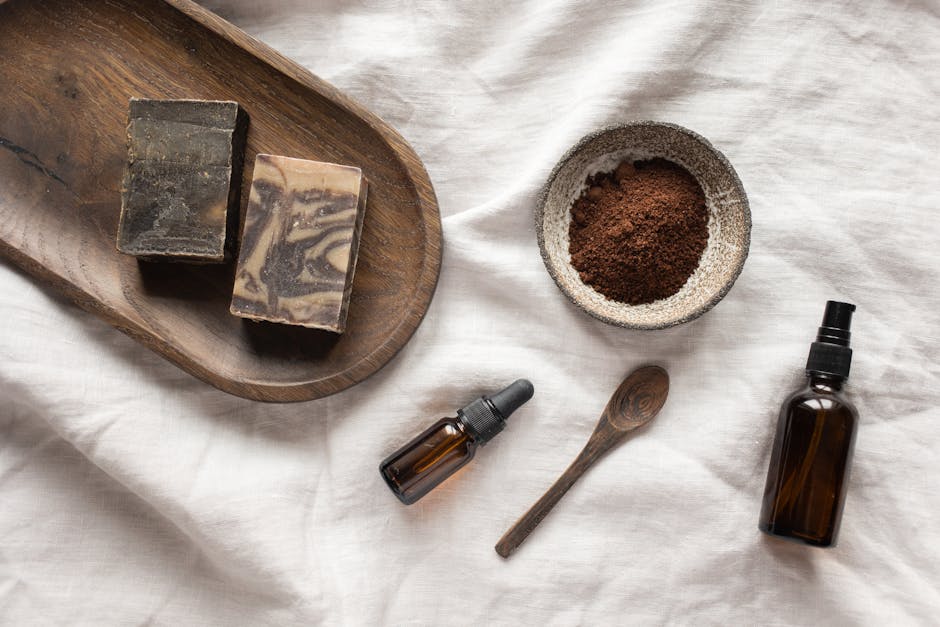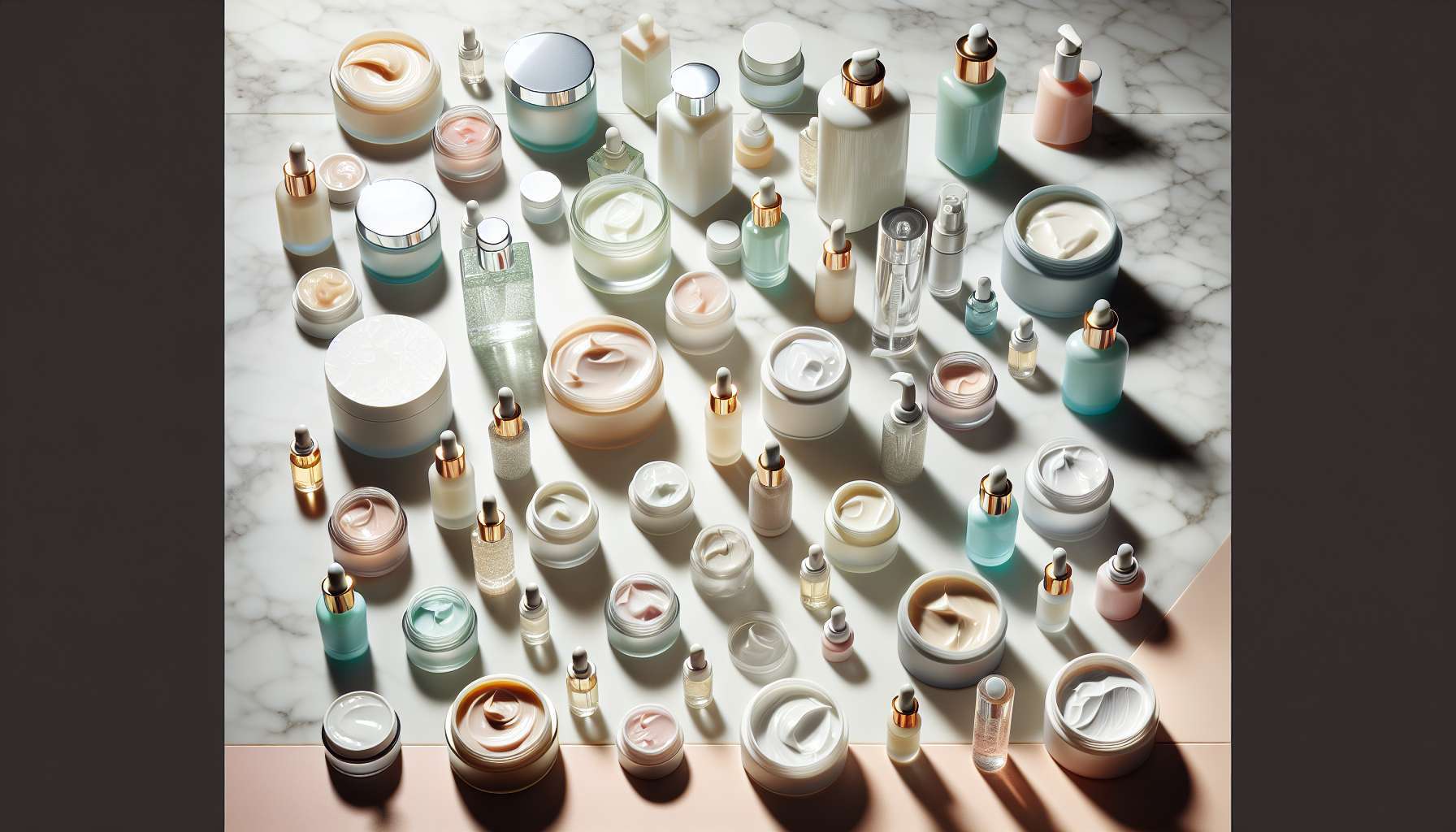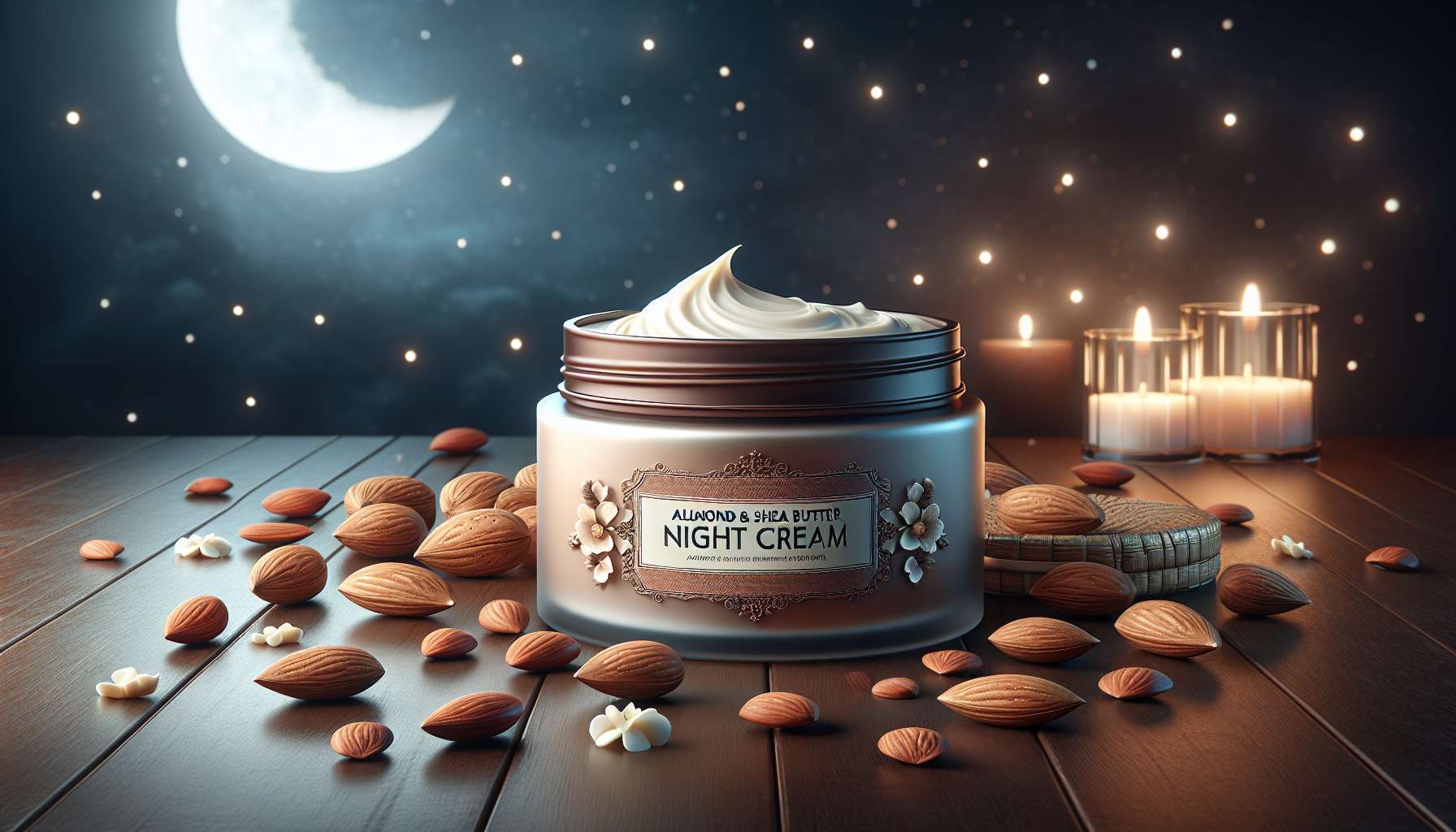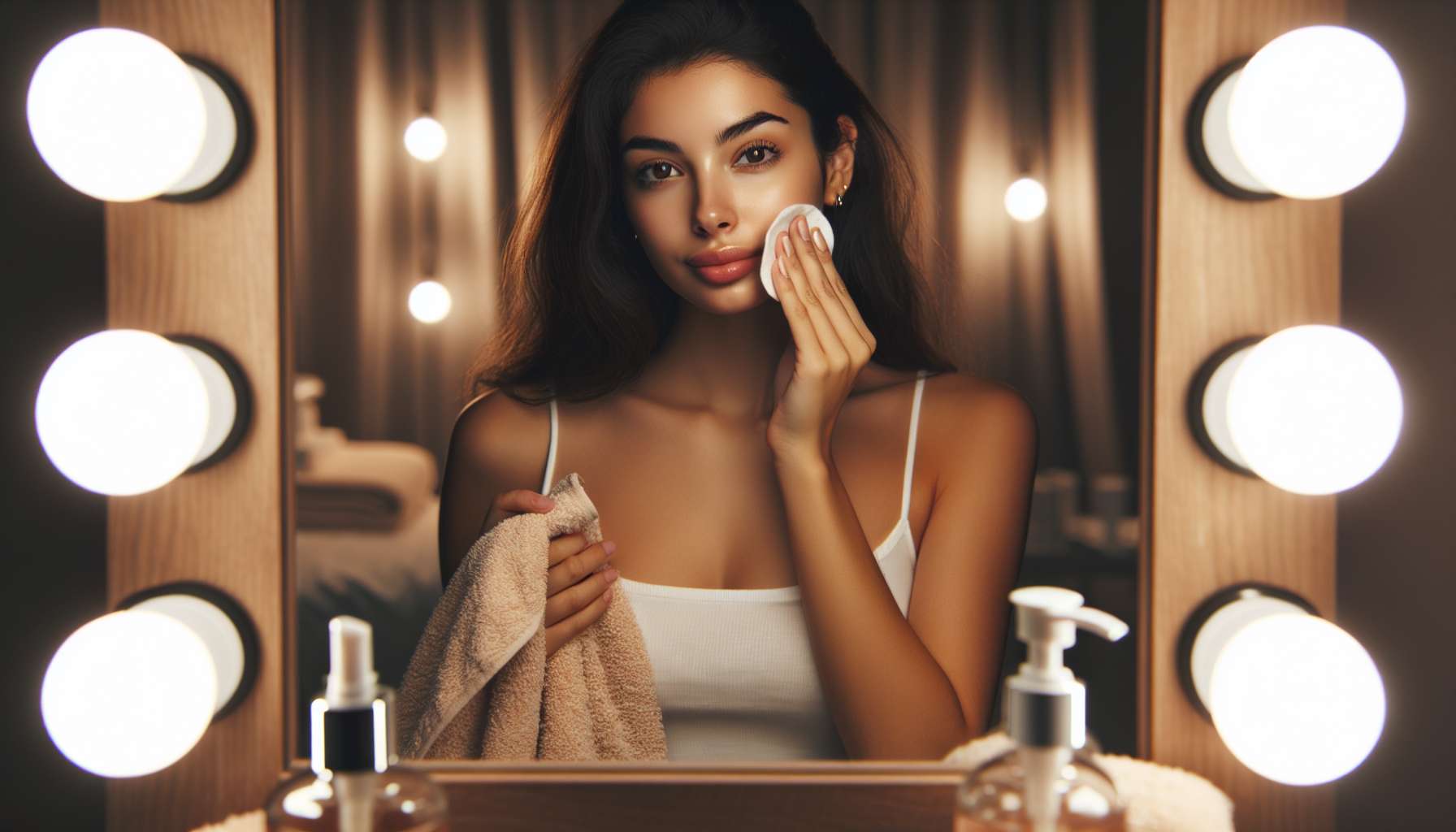Unlocking the Secrets of Skincare Container Selection
Skincare enthusiasts know that the key to achieving radiant and healthy skin lies not only in the products they use but also in how those products are stored. Choosing the right skincare containers can make a world of difference in maintaining the efficacy and quality of your favorite creams, serums, and lotions. In this comprehensive guide, we will delve deep into the world of skincare container selection, exploring the importance of proper storage, the different types of containers available, and how to make the best choices for your skincare regimen. So, let’s embark on this journey together and uncover the secrets to flawless skin!
The Importance of Skincare Container Selection
Have you ever wondered why some skincare products seem to lose their effectiveness over time, despite being stored properly? The answer may lie in the choice of containers used to hold these products. Skincare containers play a crucial role in maintaining the stability and potency of the active ingredients in your favorite products. Exposure to air, light, and contaminants can degrade the ingredients in skincare products, rendering them less effective or even harmful to your skin.
Choosing the right skincare containers can help prolong the shelf life of your products, preserve their efficacy, and ensure that you get the most out of your skincare routine. From protecting delicate formulations from oxidation to preventing bacterial growth, the right containers can make all the difference in the quality of your skincare products.
Types of Skincare Containers
When it comes to skincare container selection, there are various options available, each with its own set of pros and cons. Understanding the different types of skincare containers can help you make informed choices that will benefit your skin in the long run. Some of the most common types of skincare containers include:
Glass Containers
Glass containers are a popular choice for storing skincare products due to their durability and impermeability. Glass containers are non-reactive, which means they won’t leach harmful chemicals into your products. They are also excellent at protecting the contents from light and air, making them ideal for products with volatile or light-sensitive ingredients.

Plastic Containers
Plastic containers are lightweight, affordable, and shatterproof, making them a practical choice for travel-friendly skincare products. However, not all plastics are created equal, and some types can leach harmful chemicals into your products. Look for skincare containers made from BPA-free plastics or PET, which are considered safer options for storing skincare products.

Airless Pump Bottles
Airless pump bottles are designed to dispense skincare products without exposing them to air, minimizing the risk of oxidation and contamination. These innovative containers are ideal for preserving the potency of active ingredients, such as vitamin C or retinol, which can degrade when exposed to air. Airless pump bottles also help prevent bacteria from contaminating your products, making them a hygienic choice for skincare storage.

Factors to Consider When Choosing Skincare Containers
When selecting skincare containers, several factors should be taken into account to ensure that your products remain safe, potent, and effective. Here are some key considerations to keep in mind:
Material
The material of the container plays a critical role in its ability to protect skincare products from external factors. Glass, plastic, and metal are the most common materials used for skincare containers, each with its own set of advantages and disadvantages. Glass is inert and non-reactive, making it an excellent choice for preserving the integrity of skincare products. Plastic is lightweight and affordable but may leach harmful chemicals into your products. Metal containers can be durable and recyclable but may react with certain ingredients.
Opaque vs. Transparent
Opaque containers are preferable for storing light-sensitive skincare products, as they help block out harmful UV rays that can degrade the ingredients. Transparent containers, on the other hand, allow you to see the contents of the container but may expose the products to light, causing them to lose potency over time. Choose opaque containers for products containing ingredients like retinol, vitamin C, or antioxidants, which are sensitive to light exposure.
Closure Mechanism
The closure mechanism of the container plays a crucial role in preventing air, light, and contaminants from entering and degrading the skincare products. Screw caps, pump dispensers, and airless pump bottles are popular closure mechanisms that help maintain the integrity of the products. Ensure that the closure mechanism is secure and airtight to prevent oxidation and contamination.
Size and Shape
The size and shape of the container can impact the usability and shelf life of skincare products. Choose containers that are appropriately sized for the amount of product you use to minimize air exposure and prevent contamination. Consider the shape of the container as well, as certain designs may make it easier or more difficult to dispense the product effectively.
Expert Opinions on Skincare Container Selection
We reached out to skincare experts to get their insights on the importance of skincare container selection. Dr. Emily Wong, a board-certified dermatologist, emphasized the significance of choosing the right containers for storing skincare products. She stated, “Proper storage is essential for maintaining the efficacy of skincare products. Glass containers are my preferred choice for preserving the potency of active ingredients, especially for products like vitamin C serums.”
Dr. Wong also highlighted the benefits of airless pump bottles, noting that they are a hygienic option for dispensing skincare products without exposing them to air. “Airless pump bottles are ideal for sensitive formulations that can degrade when exposed to oxygen. They help keep the ingredients stable and prevent bacterial contamination, ensuring that your products remain safe to use,” she added.
When it comes to plastic containers, Dr. Wong advised caution and recommended opting for BPA-free plastics or PET materials to minimize the risk of chemical leaching. She also suggested avoiding transparent containers for light-sensitive products and opting for opaque or UV-resistant options instead.
Common Misconceptions About Skincare Container Selection
Despite the importance of skincare container selection, there are several common misconceptions that can lead to ineffective storage practices. Let’s debunk some of the myths surrounding skincare containers:
Myth: All Plastic Containers Are Safe for Skincare Products
While plastic containers are convenient and affordable, not all plastics are suitable for storing skincare products. Some plastics contain harmful chemicals like BPA, which can leach into the products and pose health risks. Look for BPA-free plastics or PET materials when choosing plastic containers for skincare storage.
Myth: Clear Containers Are Best for Monitoring Product Levels
While clear containers may allow you to see how much product is left, they can also expose the contents to light, causing degradation of the ingredients. Opt for opaque or UV-resistant containers for light-sensitive products to ensure that they remain potent and effective until the last drop.
Comparative Analysis: Glass vs. Plastic Skincare Containers
When it comes to choosing between glass and plastic containers for skincare products, it’s essential to weigh the pros and cons of each material. Here’s a comparative analysis of glass vs. plastic skincare containers:
Glass Skincare Containers
Pros:
- Durable and impermeable
- Non-reactive and inert
- Protects products from light and air
Cons:
- Heavy and breakable
- May be more expensive than plastic
Plastic Skincare Containers
Pros:
- Lightweight and shatterproof
- Affordable and widely available
- Convenient for travel
Cons:
- May leach harmful chemicals into products
- Not as effective at blocking light and air
- Less durable than glass
FAQs About Skincare Container Selection
Q: Can I recycle glass skincare containers?
A: Yes, glass skincare containers are recyclable and can be repurposed for various household uses. Make sure to clean them thoroughly before recycling to avoid contamination.
Q: How can I tell if a plastic container is BPA-free?
A: Look for containers that are labeled as BPA-free or made from PET (polyethylene terephthalate) plastic, which is considered safe for storing skincare products.
To Wrap Things Up
Skincare container selection is a critical aspect of maintaining the efficacy and safety of your favorite skincare products. By choosing the right containers and following proper storage practices, you can ensure that your skincare routine delivers the best possible results for your skin. Whether you opt for glass, plastic, or airless pump bottles, make sure to consider the material, closure mechanism, size, and shape of the containers to protect the integrity of your products. Remember, healthy skin starts with proper skincare container selection!




